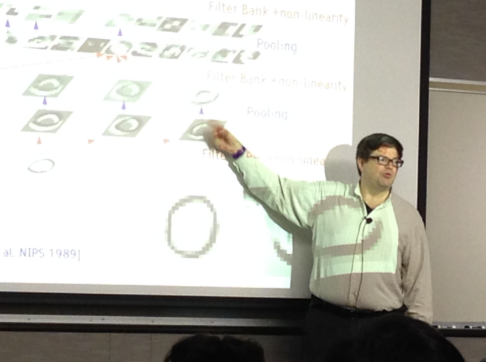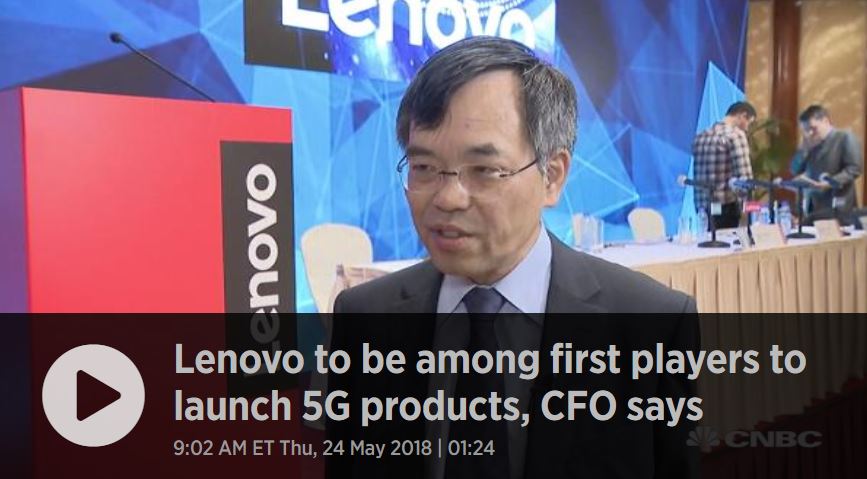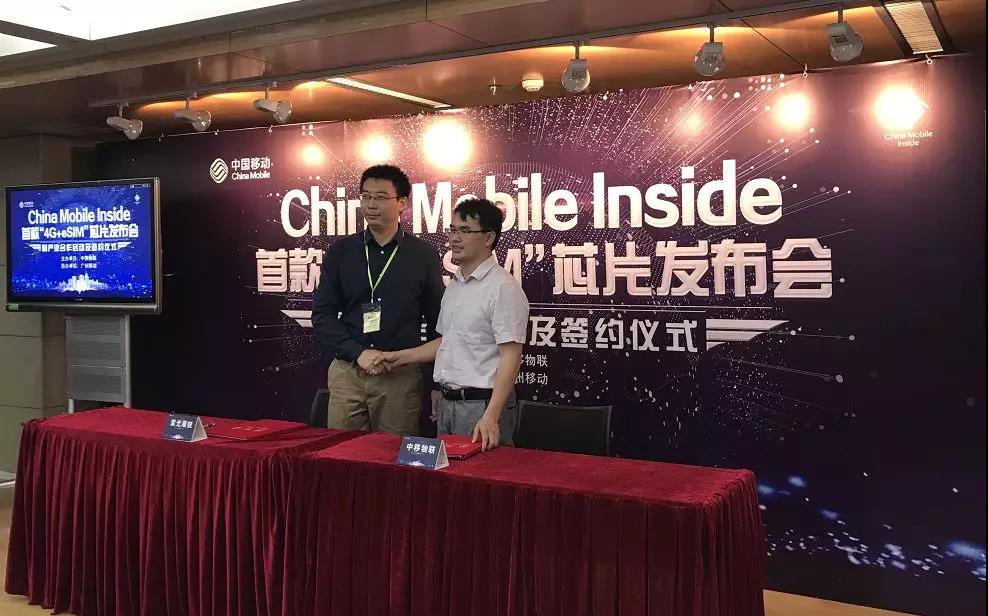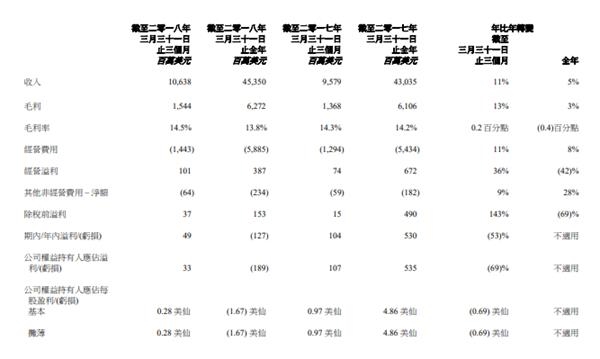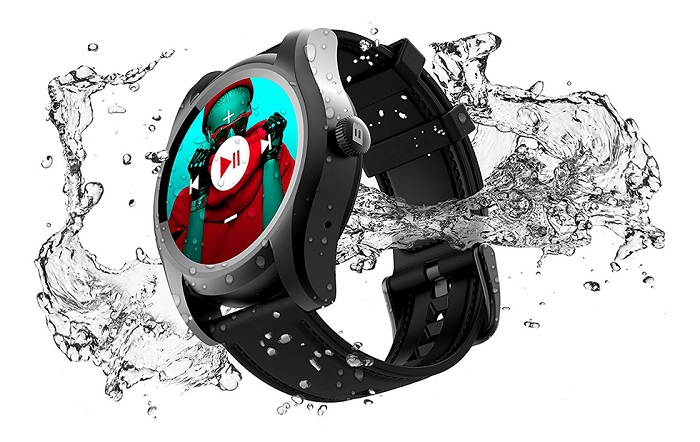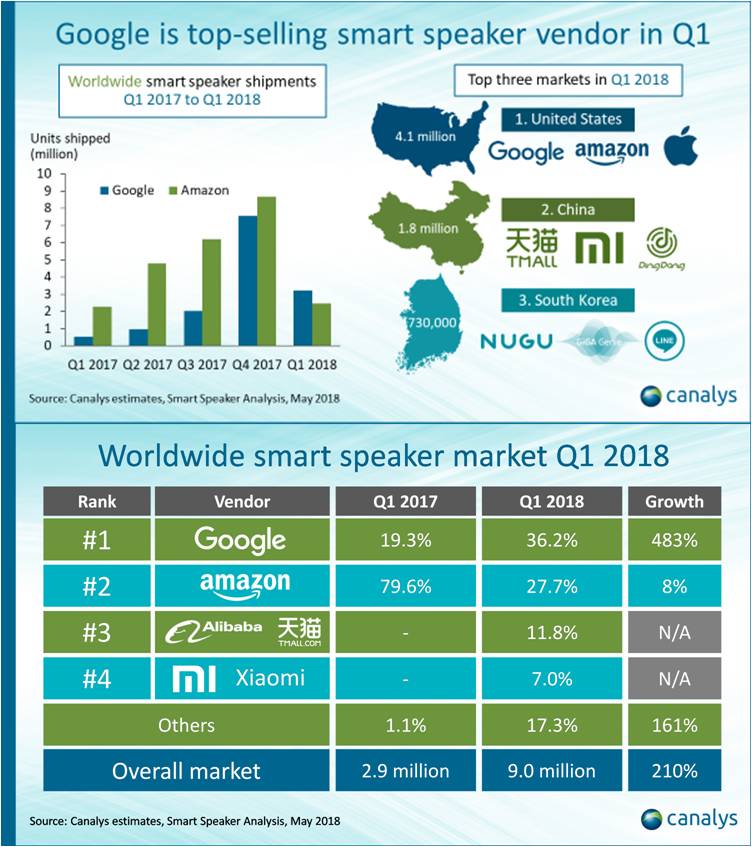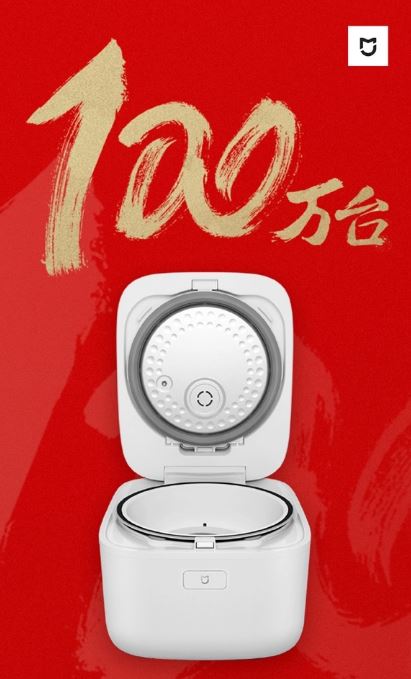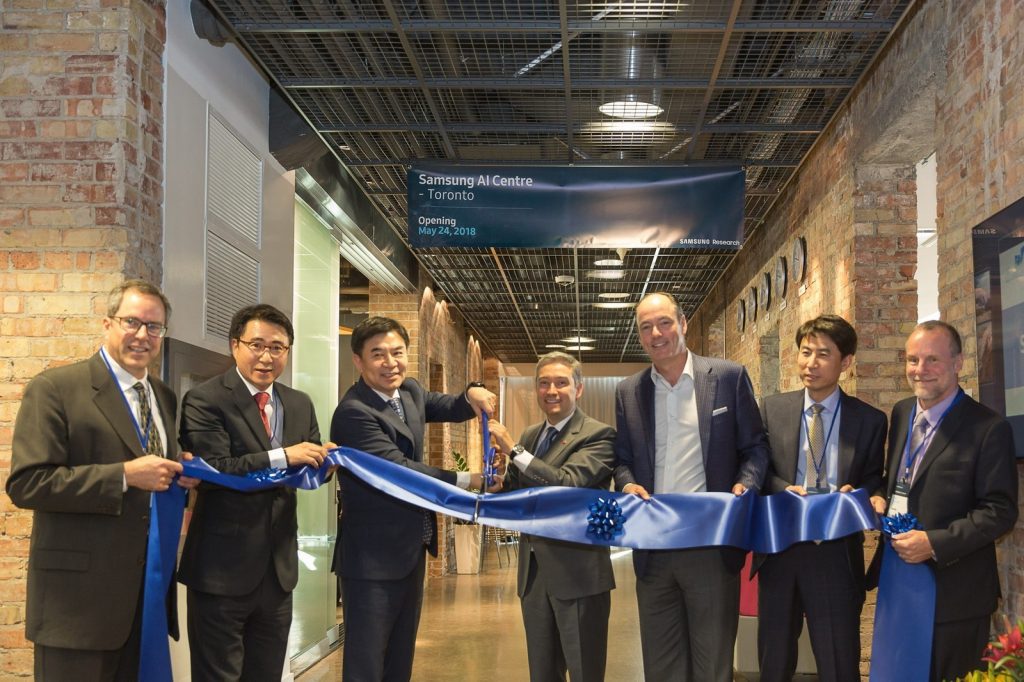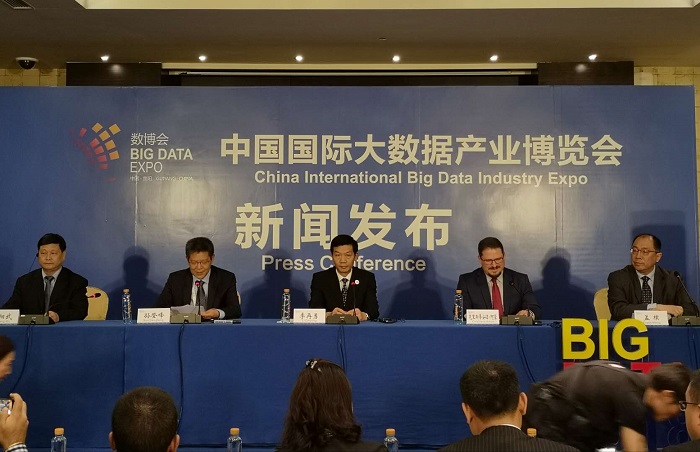
05-26: Facebook is in the process of making its own chips for filtering video content; Lenovo is aiming to be among the first adopters of the fifth generation of mobile networks; etc.
Chipsets
In Jan 2016, Qualcomm and and officials from the People’s Government of Guizhou Province signed a strategic cooperation agreement and unveiled a joint venture – the Guizhou Huaxintong Semi-Conductor Technology (HXT). HXT has announced its first server chipset “HXT number 1”, and already taped out end of 2017, and will enter commercialization in 2H18. At the same time, the 2nd generation chipset is already under development. (My Drivers, CN Beta, Fortune, Qualcomm)
Qualcomm president Cristiano Amon has indicated that the company will not exit the data center technology development. He has announced the company will continue to invest in the joint venture Guizhou Huaxintong Semi-Conductor Technology (HXT) developing server chipsets. (CN Beta, West Dollar)
Facebook chief AI scientist Yann LeCun has revealed that Facebook is in the process of making its own chips for filtering video content. (CN Beta, Bloomberg, VentureBeat)
Battery
As it works to increase sales of fuel cell cars worldwide, Toyota is scaling up its production of 2 key components for the green vehicles. Production of hydrogen fuel cell stacks is moving to a new, 750,000 square-foot facility within Toyota City, Japan, while a new line for building hydrogen tanks will be built within the company’s Shimoyama Plant. (CN Beta, CNET)
Connectivity
According to Lenovo Chief Financial Officer Wong Wai Ming, Lenovo is aiming to be among the first adopters of the fifth generation of mobile networks by releasing 5G-ready devices in the near future. (Android Headlines, CNBC, LTN)
The Ministry of Science and ICT and the carriers — SK Telecom, KT Corp and LG Uplus — plan to start commercial operations of the 5G mobile network in 2019, whose data transmission speed is 40-50 times faster than the existing 4G network or long-term evolution (LTE). According to Hana Financial Investment the mobile carriers will likely choose a fee plan that charges subscribers based on their usage of services, instead of flat-rate pricing, in order to hike sales to cover big initial investments. (VentureBeat, Yonhap News)
China Mobile IoT officially launches smart IoT initiative, China Mobile Inside, and also working with Spreadtrum RDA to launch the first self-developed 4G eSIM SoC – C417M-S、C417M-D. (Laoyaoba, HQEW, Fonow, Fawan, JRJ)
Phone
Morgan Stanley’s analyst Katy Huberty has noted how Apple’s services revenue growth improved to 31% year-over-year from 18% year-over-year during the company’s last 5 quarters, while iPhone unit sales rose 1% year-over-year on average in the same time period. She predicts the company’s services business will represent 67% of Apple’s sale growth in the next 5 years, led by the App Store. (Apple Insider, Investopedia, CNBC, CN Beta)
Lenovo has announced results for its FY 4Q17 and full fiscal year ended 31 Mar 2018. For its fourth fiscal quarter FY2017/18, Lenovo reported USD10.6B in revenue, up 11% year-on-year – the first double digit increase in 10 quarters – demonstrating solid performance momentum. For the full fiscal year, the company’s overall revenue was over USD45.3B, up 5 % year-on-year. The Mobile Business Group (MBG) revenue for FY4Q17/18 was USD1.3B and for the full year was USD7.2B. (Phone Arena, Lenovo, Business Wire, Xinhuanet, Yicai)
Apple has won USD539M from Samsung in the final throes of the companies’ U.S. court struggle over smartphone technoloy, 7 years after the start of a global patent battle. Apple sought about USD1B in a retrial of a case that originally produced a verdict of that amount in 2012, while Samsung argued it should pay only USD28M this time. (GSM Arena, Bloomberg, CNET, East Money, Sina, 36Kr)
On the 1st day of GDPR enforcement, Facebook, Google have been hit with a raft of lawsuits accusing the companies of coercing users into sharing personal data. The lawsuits, which seek to fine Facebook EUR3.9B and Google EUR3.7B (roughly USD8.8B), were filed by Austrian privacy activist Max Schrems, a longtime critic of the companies’ data collection practices. (The Verge, BBC, CNET, Baijiahao, Sohu)
Wearables
Blu has launched a new smartwatch for iOS and Android users. Called Blu X Link, the new model sports a 1.1” display and 2G network connectivity, as well as basic features like activity tracking and heart rate monitoring. Unlike most competing devices, though, Blu’s X Link only costs USD60. (CN Beta, SlashGear, Amazon)
Augmented / Virtual Reality
McLaren F1 team announced a multi-year VR partnership with HTC that should bring new virtual reality and augmented reality experiences to the platform. HTC will also launch a McLaren-themed Vive VR headset to celebrate the occasion. (GSM Arena, Android Authority, China Times)
Home
According to Canalys, smart speakers continue to be the world’s fastest-growing consumer technology segment, with year-on-year growth in 1Q18 of 210% as shipments reached 9M units. Google took the top spot, beating Amazon for the first time, shipping 3.2M of its Google Home and Home Mini devices, against the 2.5M Echo devices shipped by Amazon. (Canalys, press, Laoyaoba)
Xiaomi is celebrating the sales of over 1M units of the IH Rice cooker. The company also disclosed that the smart rice cooker has been put to use nearly 40M times. The Xiaomi MIJIA IH Rice Cooker is the first product released under the MIJIA ecosystem brand in Mar 2016 with an initial price tag of CNY999. (Gizmo China, CNMO, My Drivers)
Artificial Intelligence
Samsung is opening up a new AI Centre in Toronto. This is the second AI Centre Samsung’s launched in North America, the other of which is found in Mountain View, California. The AI Centre will be used to further Samsung’s development of artificial intelligence in the region. (Android Central, Samsung)

